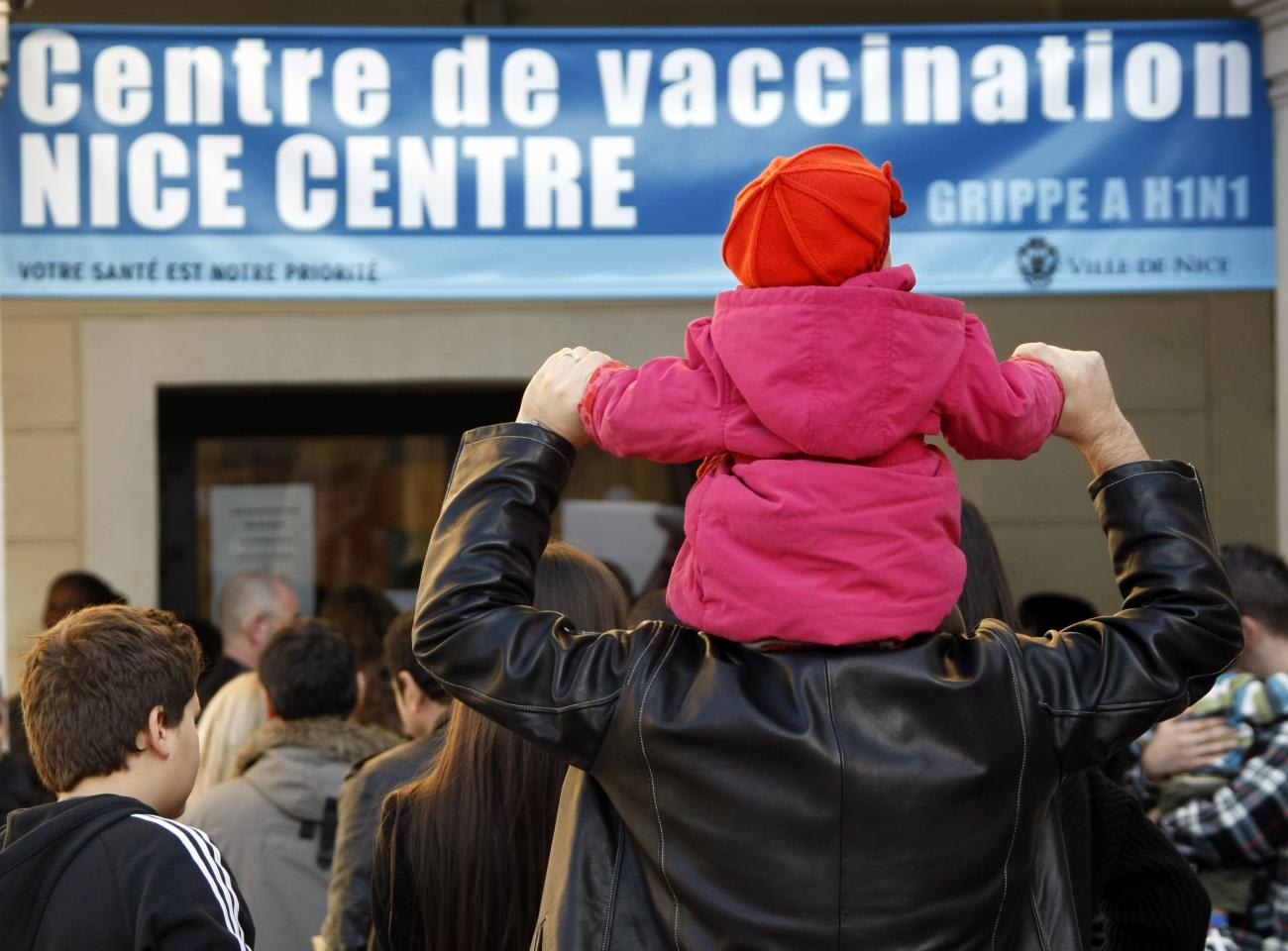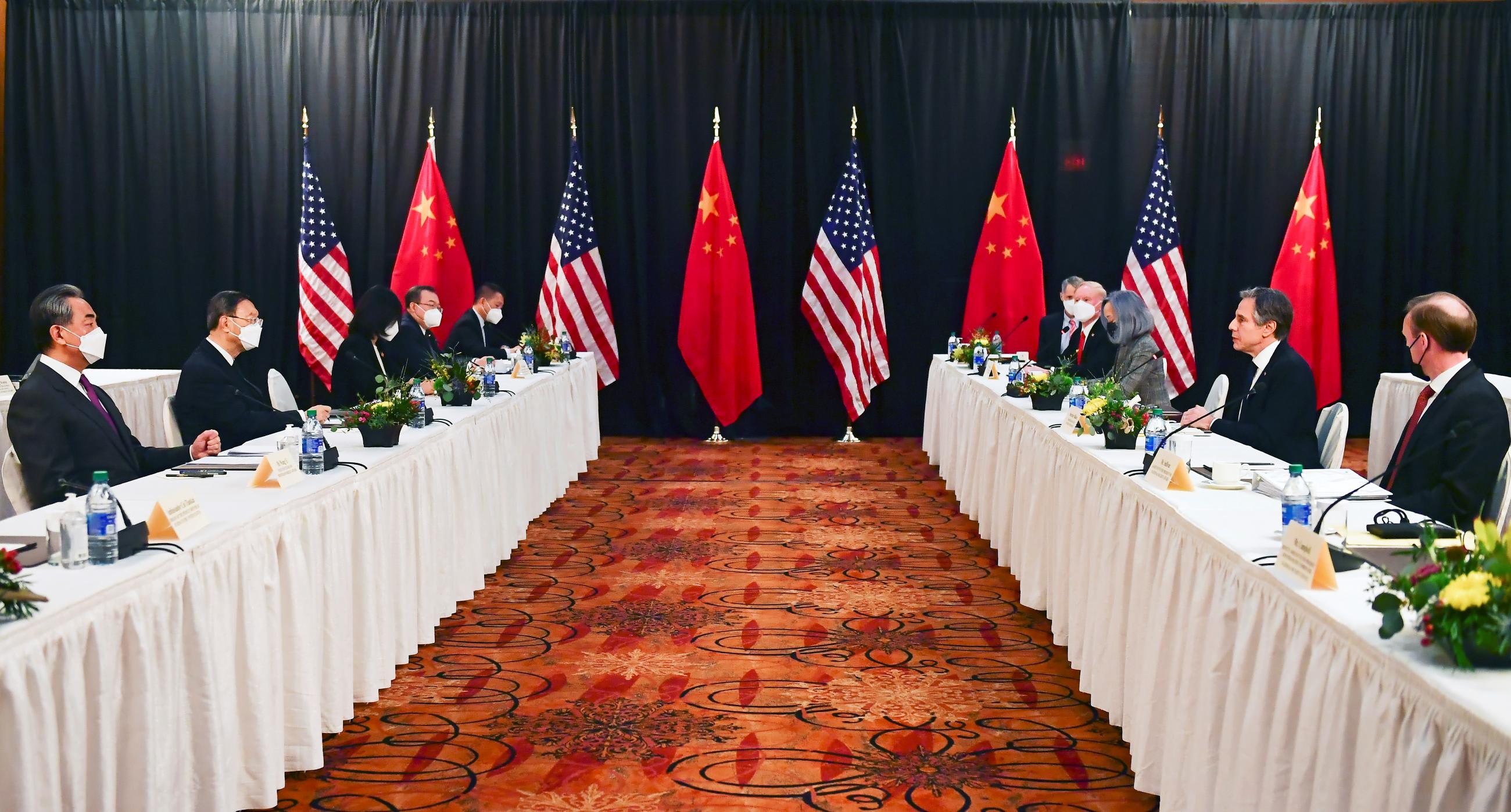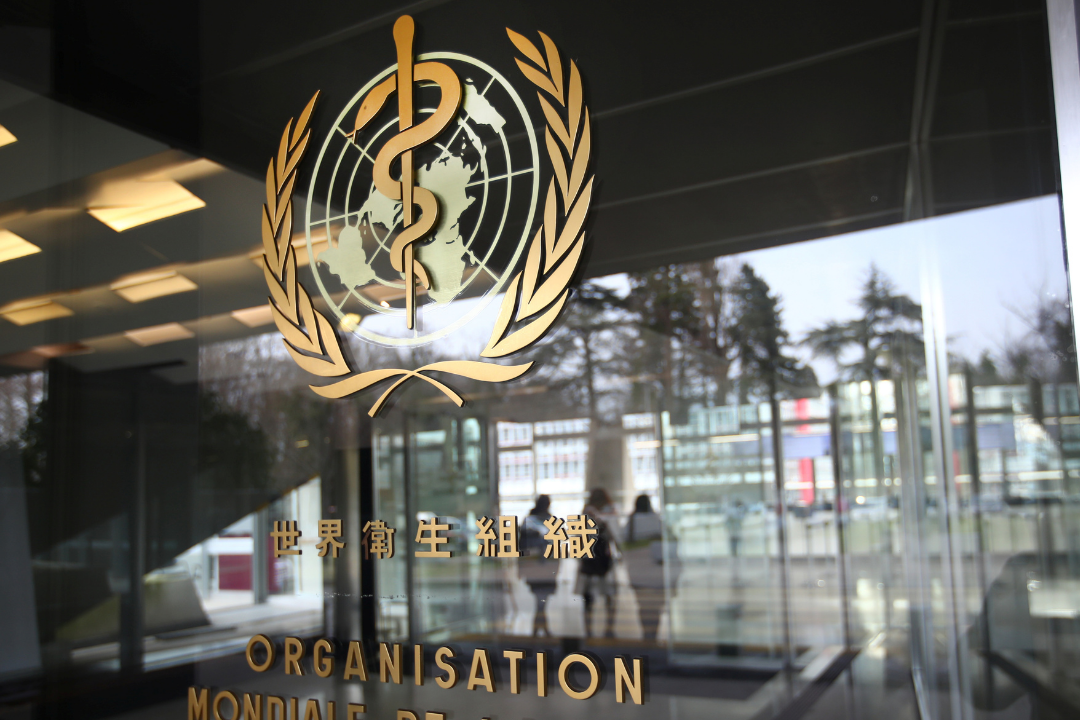In his contribution to this series, Thomas Wright describes how the COVID-19 pandemic intensified the U.S.-China rivalry, hastened the return of balance-of-power politics, and magnified the ways in which great power competition can damage cooperation on global health threats. In turn, the supercharged geopolitics undermined responses to COVID-19 and contributed to the pandemic becoming what the U.S. National intelligence Council called "the most significant, singular disruption since World War II."
This feedback loop between pathogenic mayhem and great power machinations has implications beyond COVID-19 because it signals that the context in which the United States and other countries engage in foreign policy on global health has been transformed in worrisome ways.
The Shock of the New
States have cooperated on health when the balance of power dominated international politics. Within the multipolar system of the late nineteenth and early twentieth centuries, countries held conferences and adopted treaties on the cross-border spread of infectious diseases. Despite challenges, the World Health Organization functioned throughout the bipolar system of the Cold War. However, in these periods, health issues rarely agitated geopolitics to become strategic priorities for the great powers. Instead, the great powers used health cooperation as a tool to increase their geopolitical or ideological influence. For example, during the Cold War, the United States, Soviet Union, and China each engaged in health diplomacy by providing financial assistance, deploying doctors and nurses, or offering medical training.
"The context in which the United States and other countries engage in foreign policy on global health has been transformed in worrisome ways"
Between the end of the Cold War and the COVID-19 pandemic, the balance of power did not shape foreign policy on health. For much of this period, the United States had no rivals but faced challenges arising from weak states and transnational threats. For example, a 2001 report on U.S. foreign policy and health recommended U.S. funding for HIV/AIDS programs in China and Russia given concerns that health problems could undermine stability in those countries. Similarly, U.S. foreign policy addressed fears that HIV/AIDS could produce "failed states" in sub-Saharan Africa that transnational terrorist and criminal groups could exploit.
The "viral sovereignty" controversy over sharing samples of avian influenza H5N1 that began in 2006 and problems arising from the influenza H1N1 pandemic in 2009, such as the lack of equitable, global access to vaccines, involved no balance-of-power dynamics. My assessment in 2010 of the "revolution" in global health governance that happened over the previous decade merely described China as an emerging power, never mentioned Russia, and contained no geopolitical analysis. In the 2010s, increasing Chinese and Russian challenges to the primacy of the United States stimulated interest in health diplomacy as an exercise of "soft power" for achieving different foreign-policy objectives. However, in pursuing great power status, China and Russia did not prioritize global health or disrupt diplomacy on, for example, Ebola outbreaks in Africa and integrating health into sustainable development strategies.

The lack of serious balance-of-power politics in global health over nearly three decades explains the shock delivered by the raw realpolitik of the COVID-19 crisis. Great power competition stunted cooperation and helped wipe out years of global health progress, with recovery efforts left to confront more difficult health and political environments. More broadly, the pandemic revealed that decades of leadership in global health proved of no geopolitical value to the United States against the Chinese and Russian campaigns to change the distribution of power in the international system.
Reading the Geopolitical Tea Leaves
Based on history and the COVID-19 pandemic, the return of geopolitics is likely to produce patterns in foreign policy on global health. As we've seen during COVID-19, the great powers are likely to continue subordinating responses to serious health threats to their geopolitical interests. Doing so will affect how other countries behave and what international organizations do. The balance of power has this "black hole" effect because it exerts a strong gravitational force on foreign policy.
This subordination dynamic is apparent in how President Joe Biden's strategic choice to compete more effectively with China informs his investigation into the pandemic's origins, the desire to reduce U.S. medical and pharmaceutical supply-chain dependence on Chinese manufacturers, and the U.S. approach to vaccine diplomacy.
Geopolitical considerations will also reinforce the emphasis on national security in health policy that the pandemic has re-invigorated. The "securitization" of health has long been controversial, but the damage done by COVID-19 elevates the framing of health in national security threats as no previous global health event did. As a result, even more of the lion's share of foreign-policy attention will focus on "global health security," defined as pandemic preparedness and response. The convergence of geopolitics and the pandemic's securitization effect will make it harder to stretch the concept of global health security to encompass diverse problems and values. Debates about securitizing health will continue, but, together, the subordination and securitization patterns will suck political oxygen from this controversy.
"Lack of balance-of-power politics in global health over nearly three decades explains the shock delivered by the raw realpolitik of the COVID-19"
The return of the balance of power will also marginalize health issues that do not connect with the geopolitical interests of the great powers or represent national security threats to countries. For example, attempts to increase foreign-policy interest in non-communicable diseases may face heightened political skepticism. Marginalization does not mean cooperation ceases. During the Cold War, governments collaborated on health challenges unimportant to the U.S-Soviet rivalry. During the COVID-19 pandemic, work has continued on problems of no geopolitical interest, including HIV/AIDS and polio eradication. However, marginalization of such problems will adversely affect repairing the damage the pandemic has inflicted across health issues that do not constitute national security threats or agitate the balance of power.
After the COVID-19 Moment
The feedback loop between the pandemic and the balance of power will change as COVID-19 becomes less relevant to the national interests and international influence of the great powers. Already, as the Geneva summit between President Biden and President Vladimir Putin demonstrated, the pandemic does not feature as prominently in U.S.-Russian relations as it does in the U.S.-China rivalry. Further, advantages gained through vaccine diplomacy or sparring over the pandemic's origin will fade unless they pay dividends in the military, economic, technological, and ideological realms that drive geopolitical competition. Proposals for better pandemic preparedness and response could, but might not necessarily, cause balance-of-power fireworks. For example, China, Russia, and the United States, so far, exhibit little enthusiasm for negotiating a pandemic treaty.
Further, the challenges that great-power competition creates for international cooperation loom large for the health threats associated with climate change. Meaningful mitigation of greenhouse gas emissions failed in the post-Cold War period, but cooperation on climate change mitigation and adaptation will, going forward, occur amid fierce great power competition. For global health, this reality portends more inadequate mitigation, incentives to prioritize outbreaks linked to environmental degradation, and marginalization of many health aspects of the adaptation challenge.
COVID-19 has produced a longing for a return to normal. In international relations, what prevailed for nearly thirty years is gone and is not coming back. As pandemic-scarred countries begin to design foreign policies for a geopolitical world, we do not yet know what normal will mean for global health.













